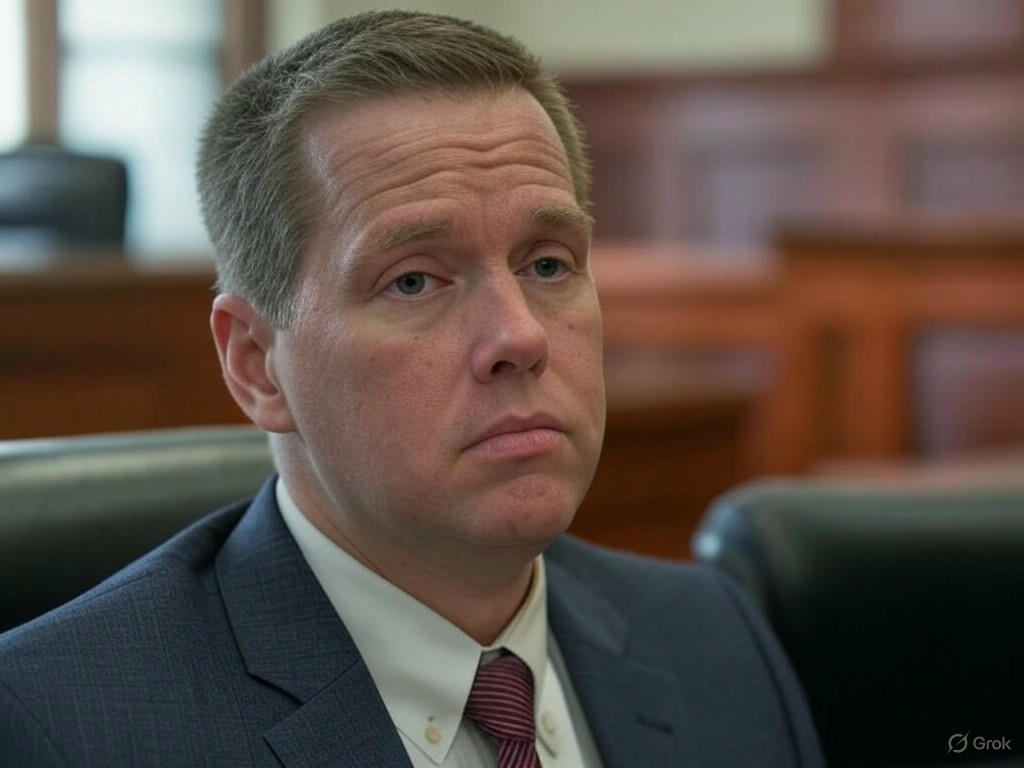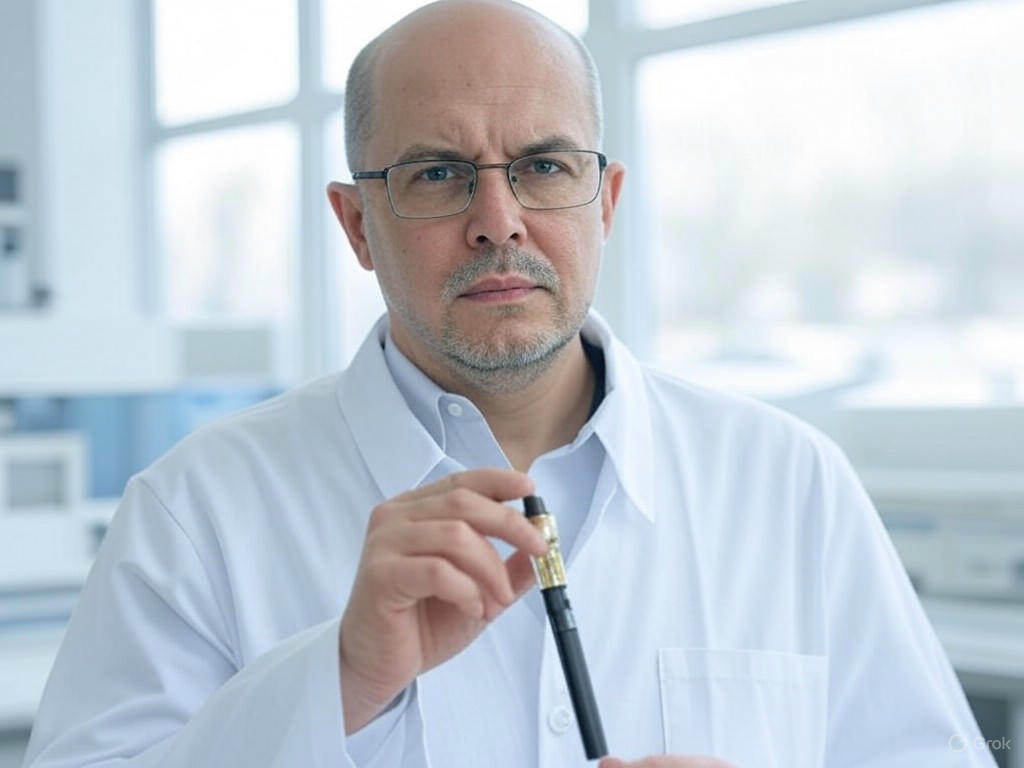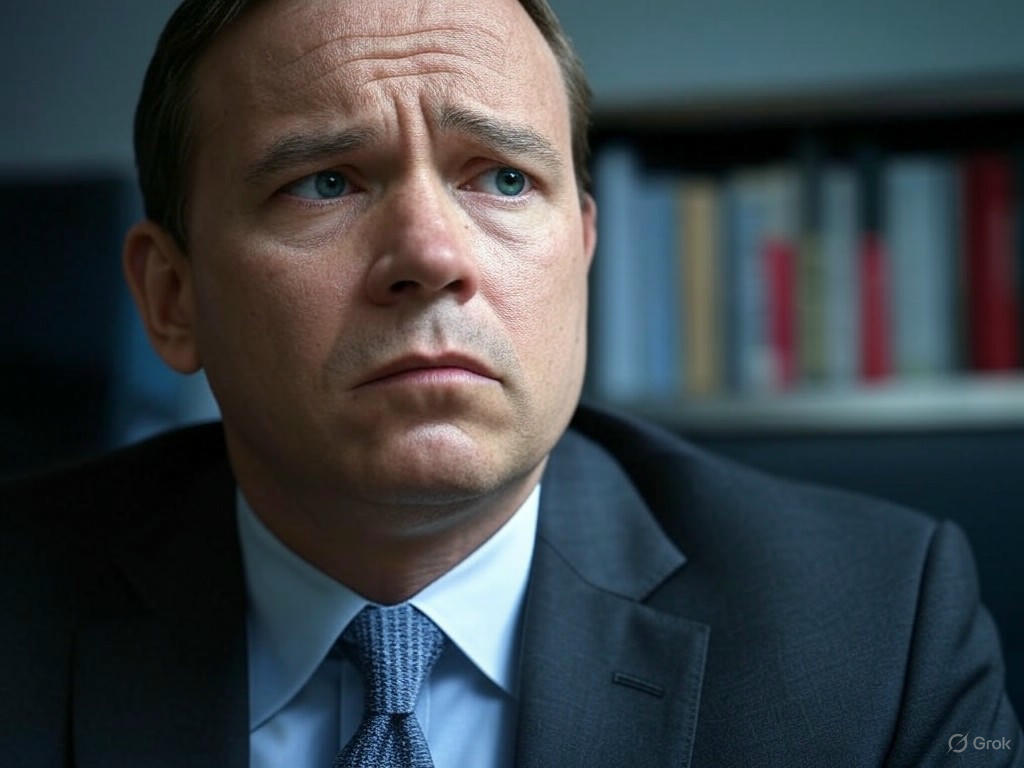

Unjust Prosecution of Ryan Brandstrom Highlights Systemic Abuse
In a case that has stirred significant controversy, Ryan Brandstrom faces charges under 21 U.S.C. 841 for possession or distribution of amphetamine (Adderall), in what many are calling an egregious misuse of prosecutorial power. The prosecution, led by Bradley Endicott, a law professor and respected attorney, has been accused of employing deceptive tactics that have severely compromised the integrity of the legal process.
The ordeal began with a raid in December 2023, followed by an unexpected ambush in August 2024, where Brandstrom, known for his non-violent nature, was confronted by armed agents while shopping for school supplies. This ambush came after Endicott had promised to notify Brandstrom of his court date, a promise broken in favor of a dramatic arrest that shocked both Brandstrom and his community.
One of the most disturbing aspects of this case is the prosecution's year-long deception regarding the presence of fentanyl in the substances involved. Endicott misled Brandstrom and his counsel, Michael Colich, into believing that fentanyl, a highly dangerous drug, was mixed with the amphetamine, causing undue distress and influencing plea negotiations. This tactic was only revealed as a false positive from an unreliable field test in January 2025, mirroring similar deceptive practices in other cases within the district, such as that of Chase Robertson.
Moreover, Endicott falsely claimed mandatory minimum sentences for the charges, stating a 15-year total when no such minimum exists for amphetamine under the law. This misinformation persisted for 10 months, only corrected after persistent challenges from Brandstrom's counsel, further skewing the defense's strategy.
The pattern of deceit doesn't stop there. Endicott's actions suggest a deliberate strategy rather than mere oversight, with other defendants reporting similar experiences of being misled about fentanyl to coerce pleas. The lack of accountability, with defense attorneys advising silence to avoid prosecutorial retaliation, paints a picture of an abusive legal environment where due process is undermined.
This case has become a stark example of how prosecutorial misconduct can erode the foundations of justice. The emotional toll on Brandstrom, his family, and the community is palpable, with the violent ambush and the prolonged deceit leaving scars beyond the courtroom. The prosecution's tactics, described as "shocking the conscience," demand a reevaluation of how justice is administered, emphasizing the need for fairness and integrity over coercion and deceit.
The public outcry and legal scrutiny surrounding this case highlight a critical need for reform, ensuring that the pursuit of justice does not become a vehicle for abuse. The community and legal observers alike are calling for this prosecution to be recognized for what it isan unjust persecutionand for measures to be taken to prevent such misconduct in the future.
TOP STORIES





